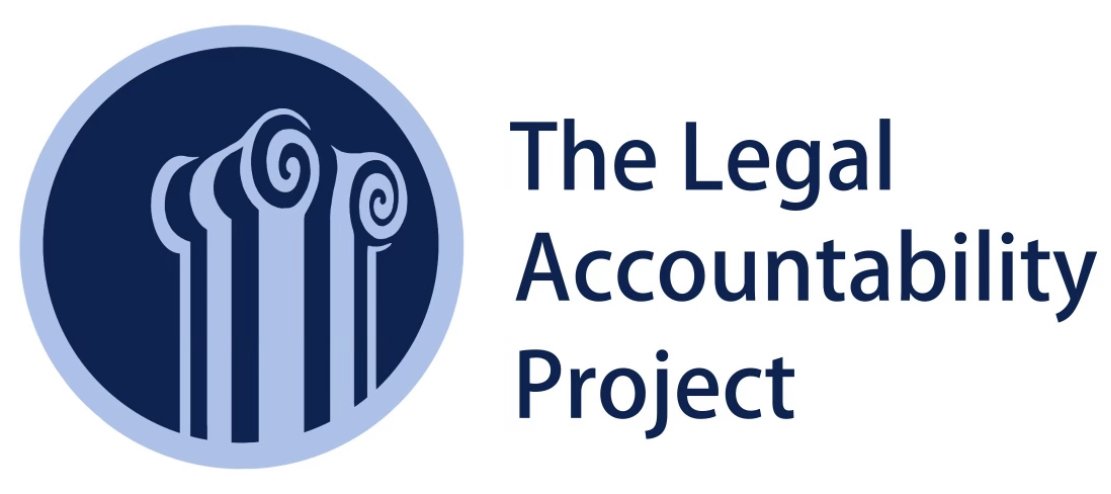Following Ruling in Former Federal Public Defender’s Sexual Harassment Case, the Urgency of Sweeping Reform is Clear
Saturday, August 10, 2024
For Immediate Release
Contact: Aliza Shatzman, 267-481-2095, aliza.shatzman@legalaccountabilityproject.org
Following Ruling in Former Federal Public Defender’s Sexual Harassment Case, the Urgency of Sweeping Reform is Clear
The Employee Dispute Resolution (EDR) Plan, the federal judiciary’s opaque, wholly internal dispute resolution process to resolve sexual harassment and discrimination claims, is a sham of a process, both as written and as applied to law clerks and federal public defenders. Yet in a 285-page ruling issued on Friday, the Court found that a former federal public defender failed to establish that the Fourth Circuit mishandled her sexual harassment complaint.
The Legal Accountability Project has closely followed the injustice faced by a former North Carolina federal public defender who sued the Fourth Circuit in 2020 after she was sexually harassed, constructively discharged, and retaliated against between 2017 and 2018 by several high-ranking members of the Federal Defender’s Office for the Western District of North Carolina.
Because federal public defenders, like law clerks, are exempt from Title VII of the Civil Rights Act of 1964, the plaintiff raised novel constitutional claims, asserting her right to a fair and respectful workplace, free from discrimination and harassment. She also alleged the EDR Plan was facially unfair and unfair as applied to her.
Sadly, despite the federal judiciary’s hollow claims about reform, the EDR Plan has not been meaningfully improved since the plaintiff attempted to navigate the byzantine reporting and complaint process more than 6 years ago.
This public defender’s ordeal highlights the urgency of passing the Judiciary Accountability Act and extending Title VII protections to more than 30,000 federal judiciary employees, including law clerks and public defenders, who currently have no legal recourse when they are harassed or retaliated against by the most powerful - and unaccountable - members of the legal profession.
Furthermore, the EDR Plan has been described by law clerks and civil rights attorneys who have participated as a “kangaroo court” that “lacks even the appearance of impartiality or due process.” The plaintiff’s ordeal highlights why. Her experience, rife with conflicts of interest, is evidence that EDR investigations should be removed from the judiciary’s chain of command and handled by neutral civil rights investigators, to remove even the appearance of a conflict of interest.
Under the EDR Plan, the onus is on law clerks and public defenders, recent law graduates, to navigate the confusing and opaque Plan and figure out how to enforce their rights. As this ruling points out, judiciary officials advise employees to “follow the Plan.” Yet several recent reports - by the Federal Judicial Center/National Academy for Public Administration and the U.S. Government Accountability Office - highlighted that the EDR Plan is unclear, confusing, not universally accessible to employees on many U.S. Courts websites, and not standardized nationally among circuits.
Furthermore, judiciary officials are empowered to provide “informal advice” to law clerks and public defenders in the manner that several did in the plaintiff’s case, despite, as the aforementioned reports highlight, these officials’ lack of qualifications and training to do so, and lack of data collection and reporting on the outcomes of this informal advising.
Judiciary employees deserve the right to fair, respectful, and safe workplaces, free from discrimination and harassment. This outcome further underscores the urgency of sweeping reform and real accountability to ensure the promise of our federal courts - and the fair and impartial administration of justice - extends to those who support their daily functioning.

